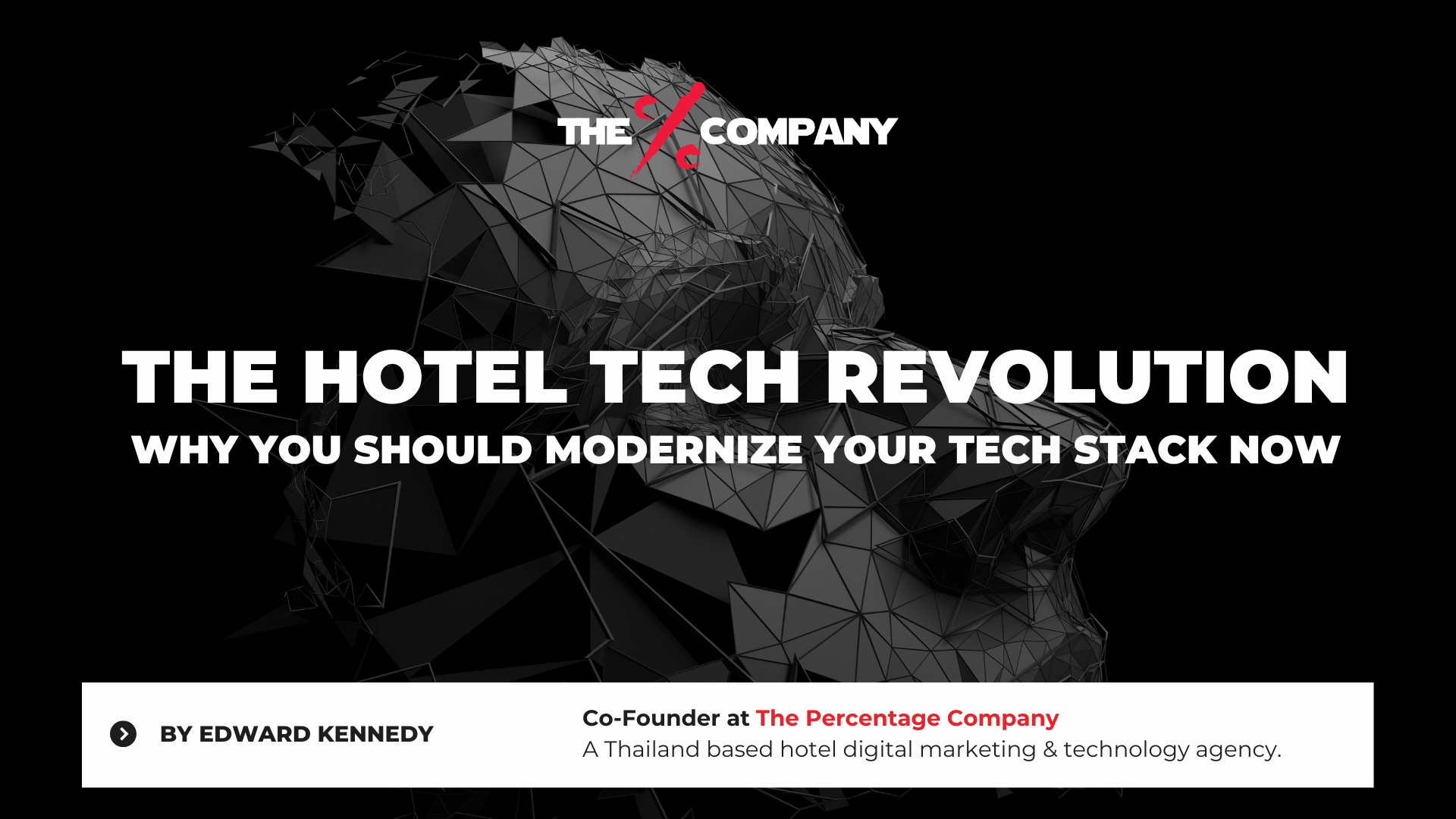
Leveraging User Generated Content for Hotel Digital Marketing Success
Following on from our article about content marketing strategies for hotels, one area where hotels can improve their content strategies is by using UGC or User-generated content. User-generated content can become a driving force behind building your strategy to grow your organic reach and can help drive sustainable growth for your hotel website. UGC allows hospitality brands to harness the authentic voices of their guests, provides a great source of social proof and gives third party credibility to help you promote your hotel online.
Authenticity and peer recommendations can hold significant sway over consumer behavior at the point of decision, and UGC has become a potent tool for hotels to tap into the genuine experiences and perspectives of their guests. This article explores the transformative potential of user generated content in shaping hotel digital marketing campaigns, enhancing brand reputation, and driving direct bookings:
The Pro’s and Con’s of using User Generated Content in Hotel Digital Marketing
As discussed above, UGC is growing in importance in the hospitality industry, but before diving in, when deciding to use UGC as part of your hotel digital marketing strategy, you should be aware that there are pro’s and con’s to taking this path. Here are some of the pro’s and con’s as they relate to your marketing campaigns:
Pros:
- Authenticity: UGC provides authentic, unfiltered insights into the guest experience, offering potential guests a more genuine representation of what to expect during their stay.
- Trustworthiness: UGC is often perceived as more trustworthy and credible than branded content, as it comes directly from fellow travelers who have experienced the hotel first hand.
- Engagement: Encouraging guests to share their experiences fosters a sense of community and engagement, strengthening the bond between the hotel and its guests.
- Cost-effective: UGC serves as a cost-effective marketing tool, as hotels can leverage guest content without incurring the expenses associated with professional photography or content creation.
- Social Proof: Positive UGC serves as powerful social proof, reassuring potential guests of the hotel’s quality and desirability based on the experiences of others.
Cons:
- Lack of Control: Hotels relinquish some control over the content shared by guests, which can pose challenges in ensuring consistency in messaging and brand image.
- Negative Reviews: While positive UGC can enhance brand reputation, negative reviews or unfavorable content may have the opposite effect if not managed effectively.
- Legal Considerations: Hotels must navigate legal considerations related to copyright, privacy, and permissions when using UGC in their marketing efforts, ensuring compliance with regulations.
How to successfully leverage User Generated Content for your hotel
User Generated content can clearly have an influence on travelers decision-making process by adding authenticity and encouraging engagement, but to effectively cope with the cons associated with the rise of UGC in your marketing efforts, here are some of our recommended best practices for implementing a UGC content marketing strategy:
- Offer Incentives: Encourage guests to create UGC that meets your criteria by offering incentives such as discounts, loyalty points, or the chance to be featured on your website or social media channels.
- Monitor and Curate: Regularly monitor UGC shared by guests and curate content that aligns with your brand messaging and quality standards. This may involve seeking permission before reposting or moderating content on social media platforms.
- Respond Promptly: Address negative reviews or unfavorable UGC promptly and professionally, demonstrating your commitment to guest satisfaction and willingness to resolve issues.
- Turn Negatives into Positives: Use negative feedback as an opportunity to showcase your hotel’s commitment to improvement and guest-centric approach. Highlight the steps taken to address concerns and provide solutions.
- Obtain Permissions: Ensure that you have the necessary permissions from guests before using their UGC for marketing purposes, especially if it involves their likeness or personal information.
- Review Terms of Service: Familiarize yourself with the terms of service of social media platforms and UGC platforms to understand the rights and obligations related to sharing and reposting user-generated content.
How to convert UGC into a revenue driver
Relying solely on UGC may limit the reach and diversity of the content available for marketing your hotel online. So to mitigate this limitation, hotels can employ strategies to diversify content sources and extend their reach through collaboration with influencers, content creators, and local partners. Here are some of our tips to help convert your UGC into revenue:
- Diversify content sources: In addition to UGC, you can invest in creating your own high-quality content, including professional photos, videos, and even blog posts. This ensures a diverse mix of content that showcases the unique features and experiences offered by the hotel, complementing UGC and appealing to different audience preferences.
- Collaborate with influencers and partners: Partnering with influencers, travel bloggers, and local businesses provides opportunities to co-create content and tap into their existing audience base. By collaborating with influencers who align with the hotel’s brand and target demographic, hotels can extend their reach and visibility to new audiences. Read our article about influcener marketing in the Thai hospitality industry here.
How to measure and analyze the impact of UGC?
As always with digital marketing, an essential part of leveraging UGC effectively is analyzing the impact of your campaign in driving direct bookings and revenue for the hotel, so that you can improve your campaign going forward. Here’s some of our top tips for how you can measure this impact:
- Track UGC Engagement: Monitor engagement metrics such as likes, comments, shares, and saves on UGC posts across social media platforms. Analyze the reach and engagement of UGC content to gauge its effectiveness in capturing audience attention and generating interest in the hotel.
- Attribute Bookings to UGC: Implement tracking mechanisms such as UTM parameters, referral tracking, or unique promo codes to attribute bookings to specific UGC-driven touchpoints. Track the customer journey from initial exposure to UGC through to booking confirmation to understand the role of UGC in influencing purchasing decisions.
- Compare Conversion Rates: Compare conversion rates and booking revenue generated from UGC-driven traffic sources (e.g., social media referrals, website visits from UGC posts) with other marketing channels. Identify any trends or correlations between UGC engagement and conversion performance to assess the impact of UGC on driving direct bookings and revenue.
What do the stats say about User Generated Content?
Research conducted by Stackla, a user-generated content platform, found that UGC significantly influences travel purchase decisions, with 86% of consumers saying that UGC is a key factor when choosing travel accommodations. Additionally, 76% of travelers believe that UGC is more trustworthy than branded content, highlighting the importance of authenticity in influencing booking decisions.
Hotel UGC Content Marketing Campaigns in the wild
One great high-profile example of a hospitality brand leveraging UGC to drive direct bookings and revenue is Marriott International. Marriott launched its #MarriottTRAVELER campaign, encouraging guests to share their travel experiences using the hashtag.
By curating and featuring UGC on its website and social media channels, Marriott effectively showcased the diverse experiences offered by its properties worldwide, driving engagement and inspiring travelers to book directly with Marriott.
The Key Takeaways
User-generated content can become a key part of your overall hotel digital marketing strategy and can help encourage more credibility and trust in your brand from your potential guests. Any effective content marketing strategy for a hotel in Thailand, should also include an element of UGC to help drive direct bookings and increase your direct booking revenues.
If you would like to talk to The Percentage Company hotel digital marketing experts about launching a content marketing strategy using UGC, get in contact with us today to find out about our effective and highly affordable solutions.





